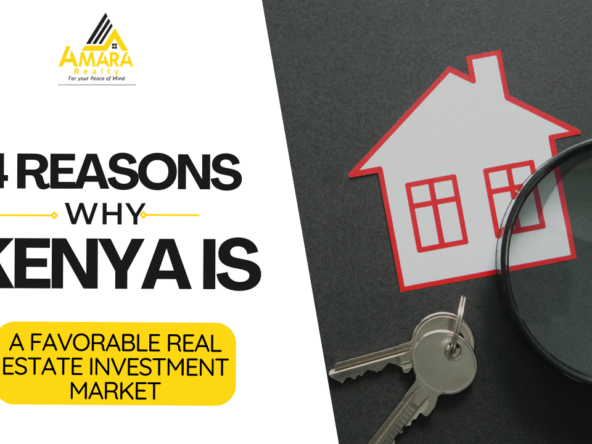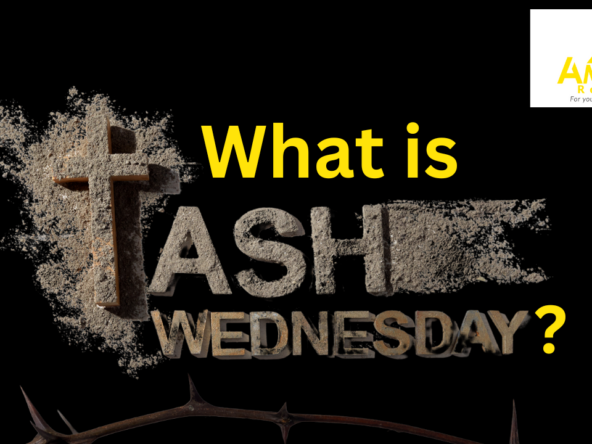IS IT POSSIBLE FOR A FOREIGNER TO OWN LAND IN KENYA?
YES. This is if the intended piece of land has leasehold ownership.
In Kenya we have two land tenures
Invest with the most trusted Real Estate Company in Kenya today
Free hold
Also known as an absolute proprietorship or free sample, this form of tenure represents the most considerable interest that a person can have on land. It is restricted to only Kenyan citizens. This means that the holder of that land gets absolute ownership for the rest of his life, as long as he/she does not sell. Additionally, the holder’s descendants can inherit the land as long as the lineage is not broken, and the property is not sold. Under this tenure, the holder gets a freehold title deed meaning there are no restrictions on the land utilization. However, some cases exist where these deeds have conditions that may present certain restrictions. An example is that the land is restricted for agricultural use only.
Leasehold
Under leasehold in the Kenya tenure system, a person can only hold the land for a certain time frame subject to frequent payments to the grantor this type of tenure allows even non-citizens to own land. The government, the local authority, and individuals can grant leases for public land, trust land, and freeholds, respectively. If you wanted a lease from the government during the colonial period, you could be given up to 999 years for agricultural property. However, after the promulgation of the new constitution and effective 1st September 2010, these very long-term leases were changed by the government to 99 years. Therefore, whether you want land for urban plots or agriculture, the longest lease period is 99 years. For urban trust land, a common lease period is 33 years, while individuals with freeholds normally agree to flexible terms. What happens when a leasehold expires? Is it OK to buy a leasehold property? At the end of a lease, people can apply for an extension or renewal. This is especially common if the person wants to do more developments to the property and get sufficient time to gain profits. Therefore, it is okay to buy leasehold property if you are confident in your plan and can negotiate a suitable amount of time to reap the rewards.
Leasehold is not renting, you have ownership rights when you lease, and you have a title deed that is renewable
NB: You have the right to convert your Freehold land to a leasehold property for the purposes of transferring it to a foreigner. But the reverse is tedious – Leasehold to freehold is challenging. The main reason for this is that the government authorities are looking at the potential future loss of tax income.
Freehold and Leasehold encounter several taxes
Stamp duty – which is paid to the Kenya revenue authorities this is only paid once at the time of purchase.
Land Rates – These are paid annually to the county government for the entire period you own the land. These rates are mandatory for investors who own freehold and leasehold land however, land used for schools and other educational institutions, religious worship centers open to the public, as a place to bury the deceased among other uses are exempted from the land rate charges.
Land Rent – Paid to the national government annually for the period you own the land.
NB: Freehold is not subjected to Rent.
Most people confuse the terms land rent and land rates because they are both tax charges on land. Here are the main differences between the two charges:
Land rent is only applicable to real estate investors owning leasehold land while land rates as mentioned above apply to both freehold and leasehold land.
Land rent is paid to the Ministry of Land and Physical Planning while land rates are paid to the County government.
Once you pay your land rent, you will be issued with a rent clearance certificate as payment evidence while those who pay land rates receive a rates clearance certificate.
Capital gains – This is a certain percent of the share of your net profit the government demands after you make a sale of leasehold land. Currently at 5%. Provided it is not in a gazetted area.
NB:
Land trading companies are exempted from capital gains tax this is due to that they are registered as traders. And their property is treated as an inventory not as an investment.
An individual has to pay all the taxes 1. At the time of purchase 2. While you own 3. At the time of sale.
Difference between freehold and leasehold in Kenya
Under freehold, the landlord owns the property for as long as that person’s lineage persists.
Under leasehold, the person only owns the property for a specified period. When that period elapses, the land goes back to the grantor holding the leasehold title deed.
Under freehold, the individual owning the land does not pay any amount of money to anyone.
Leasehold tenure requires that the holder pay a certain regular pre-agreed upon fee to the person or entity owning the land.
Since freehold ownership means the individual’s family owns the property forever, there is no need for reapplication of ownership.
Leasehold means that the holder needs to reapply for ownership after the time elapses if they wish to keep the land. Most people confuse the terms land rent and land rates because they are both tax charges on land. Here are the main differences between the two charges:
Land rent is only applicable to real estate investors owning leasehold land while land rates as mentioned above applies to both freehold and leasehold land.
Land rent is paid to the Ministry of Land and Physical Planning while land rates is paid to the County government.
Once you pay your land rent, you will be issued with a rent clearance certificate as payment evidence while those who pay land rates receive a rates clearance certificate.




